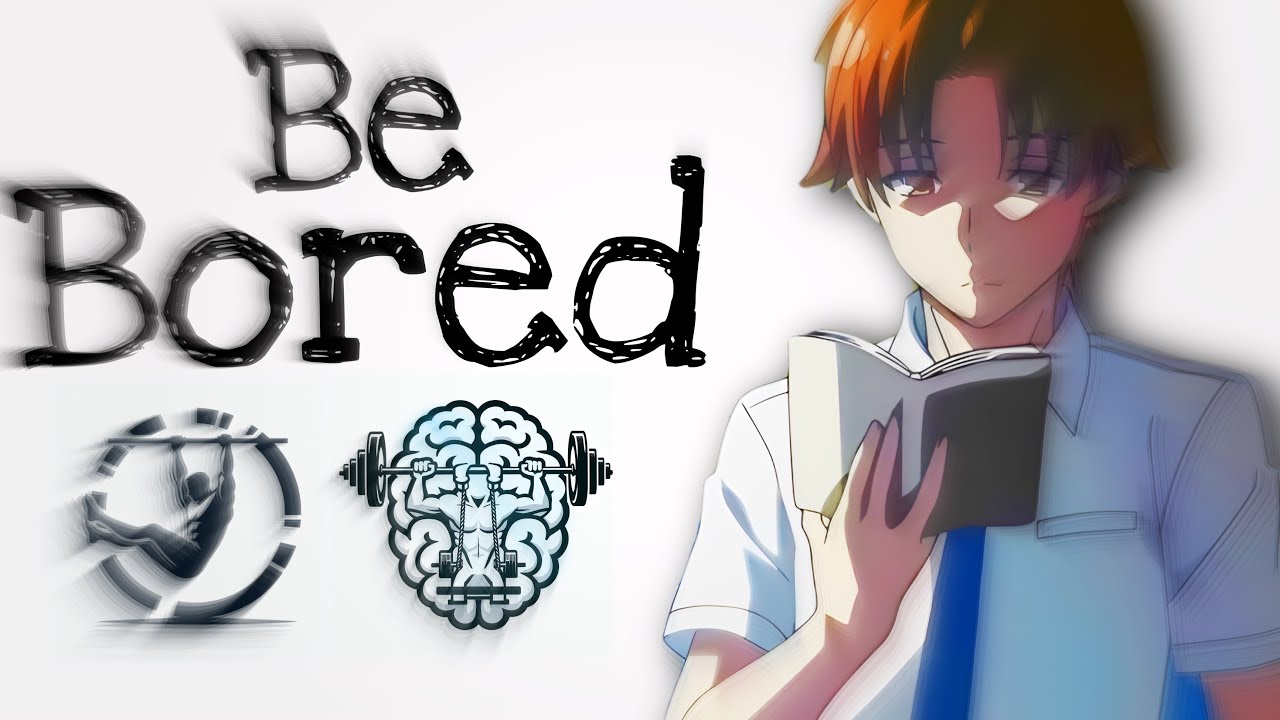A SÍNDROME DO PC GAMER | Psicóloga Explica
Summary
TLDRThis video script delves into the psychology behind the 'gamer's hangover,' a state of gaming fatigue where one has an abundance of options but lacks the motivation to play. The speaker, a psychologist, explores how decision-making fatigue, neuroplasticity, and dopamine receptors play a role in this phenomenon. They discuss the impact of overstimulation from gaming and social media on our reward systems, leading to desensitization and decreased satisfaction. The script suggests taking breaks and engaging in offline activities to counteract gaming burnout and rediscover the joy of playing games.
Takeaways
- 🕹️ The script discusses the feeling of being overwhelmed by the vast number of gaming options, leading to a lack of motivation to play any specific game.
- 🧠 The author, a psychologist, relates their personal gaming experience to psychological concepts, suggesting that the abundance of choices can lead to decision fatigue.
- 🏠 The script mentions that many people work in front of screens all day, which can make screen-based leisure activities like gaming feel like a continuation of work, leading to burnout.
- 🛠️ It's suggested that taking breaks from screens and engaging in offline activities can help alleviate the 'gamer's hangover' and provide a refreshing change.
- 📚 The author's thesis on the cognitive benefits of digital games in childhood is highlighted, indicating a deep understanding of the subject.
- 🧠 The script explains decision-making as a process involving organizing factors and information processing, which can be influenced by our brain's stored memories and experiences.
- 📈 The concept of neuroplasticity is introduced, discussing how our brain changes in response to life experiences, including how dopamine receptors can be affected by overstimulation.
- 🍇 The script uses the example of a monkey experiment to illustrate how increasing rewards can lead to a decrease in dopamine release, affecting motivation and satisfaction.
- 🚫 The author warns about the potential negative effects of constant high-stimuli from games and social media, which can lead to desensitization and reduced satisfaction.
- 🌟 The script concludes with a reminder of the positive impact of video games on the author's life and encourages finding a balance to enjoy gaming without feeling overwhelmed.
Q & A
What is the main issue the speaker is addressing in their gaming experience?
-The speaker is addressing the issue of feeling overwhelmed and unmotivated to play games due to the vast number of options available, leading to a state of indecision and dissatisfaction.
What is the term used to describe the speaker's feeling of not wanting to play any games despite having many options?
-The term used to describe this feeling is 'ressaca energética de games,' which translates to 'gamer's hangover.'
What does the speaker suggest as a possible solution to the gamer's hangover?
-The speaker suggests taking a break from screens, engaging in offline activities, and considering the psychological impact of decision-making fatigue as possible solutions.
What is the 'síndrome do PC gamer' mentioned in the script?
-The 'síndrome do PC gamer' refers to the feeling of being overwhelmed by the vast number of gaming options, leading to indecision and a reluctance to play any games.
How does the speaker's background as a psychologist inform their perspective on gaming?
-The speaker's background in psychology allows them to analyze their gaming habits and feelings from a cognitive and behavioral perspective, drawing connections between gaming, decision-making, and dopamine release.
What is the concept of 'neuroplasticidade' discussed in the script, and how does it relate to gaming?
-Neuroplasticity refers to the brain's ability to change and adapt based on experiences. In the context of gaming, it relates to how the brain forms connections and adapts to the stimuli from games, affecting motivation and reward perception.
What is the 'via mesolímbica' and how does it play a role in the gaming experience?
-The 'via mesolímbica' is a neural pathway in the brain associated with reward and motivation. It is involved in the release of dopamine, which influences the pleasure and reward felt from activities, including gaming.
What does the speaker mean by 'hiper estímulos' in the context of gaming?
-The term 'hiper estímulos' refers to the excessive stimuli or rewards that can desensitize the brain's reward system, making it harder to feel satisfied with the initial excitement of gaming.
How does the speaker relate the concept of 'fadiga decisória' to the experience of choosing games to play?
-The speaker relates 'fadiga decisória' or decision fatigue to the gaming experience by explaining how the brain can become exhausted from making too many choices, leading to a reluctance to engage in activities like playing games.
What is the significance of the 'vídeo do Ronald McDonald's' mentioned in the script?
-The 'vídeo do Ronald McDonald's' is used as an example of the vast array of gaming content available, which can contribute to the overwhelming feeling of choice and the gamer's hangover.
What advice does the speaker give to overcome the gamer's hangover?
-The speaker advises taking breaks from screens, engaging in offline activities, and being mindful of the brain's reward system to overcome the gamer's hangover and regain enjoyment in gaming.
Outlines

Dieser Bereich ist nur für Premium-Benutzer verfügbar. Bitte führen Sie ein Upgrade durch, um auf diesen Abschnitt zuzugreifen.
Upgrade durchführenMindmap

Dieser Bereich ist nur für Premium-Benutzer verfügbar. Bitte führen Sie ein Upgrade durch, um auf diesen Abschnitt zuzugreifen.
Upgrade durchführenKeywords

Dieser Bereich ist nur für Premium-Benutzer verfügbar. Bitte führen Sie ein Upgrade durch, um auf diesen Abschnitt zuzugreifen.
Upgrade durchführenHighlights

Dieser Bereich ist nur für Premium-Benutzer verfügbar. Bitte führen Sie ein Upgrade durch, um auf diesen Abschnitt zuzugreifen.
Upgrade durchführenTranscripts

Dieser Bereich ist nur für Premium-Benutzer verfügbar. Bitte führen Sie ein Upgrade durch, um auf diesen Abschnitt zuzugreifen.
Upgrade durchführenWeitere ähnliche Videos ansehen
5.0 / 5 (0 votes)






